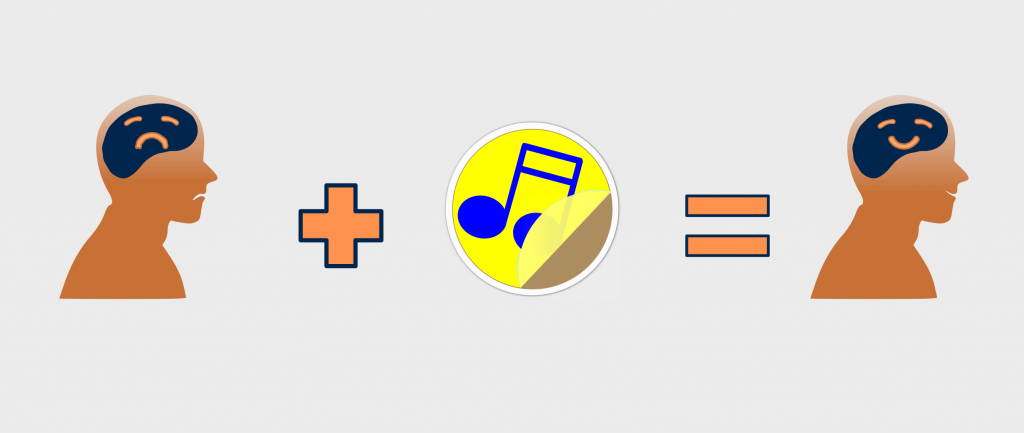The story of music and human cognition is intricate and intertwined from the beginning. Since close to fifty millennia, music has remained an integral part of being human.[1]
Music has always aroused feelings of rapture and desire, even though it is intangible. And now science has unlocked the mechanism. As the reward center in the brain gets primed with the anticipation of listening to familiar music, there is a flood of dopamine, the “happiness” neurotransmitter.[2] Things can get discordant too. If one listens to unpleasant music, there is a reduced production of serotonin, our mood-regulator.[3]
It is quite natural to ask, if the audience is experiencing euphoria, what is the artist feeling ? Well, scientists have looked into that aspect as well.
The brains of musicians light up like a celebration of fireworks when they play.[4] The left and right hemispheres enter in a harmonious exercise when an artist performs on their musical instrument.
But can music improve how we interact with life ? And the answer is a resounding “YES”.
Learning an instrument with structured and disciplined practice, has an array of benefits.[5] It can enable us to find more creative solutions to problems in social as well as academic settings. Playing music makes for a greater neural plasticity in the brain which can better help with retrieving and indexing information – in short, a better functioning memory.
Even though we know what neurotransmitters are responsible and the neural pathways they seem to take in the brain when we hear music, still there is so much more that we do not know. For instance, the auditory cortex is still quite unknown to us in its organization and functions. Only recently, there was a discovery of two separate populations of neurons, sensitive to how we process music and human speech, different from ambient sound in the environment.[6] Though, it is still a question of speculation – are we born with it or is it developed through experience.
Four hundred years have passed since William Congreve remarked, “Musick has Charms to sooth a savage Breast”. Music, has indeed, displayed the ability to heal. It has shown promise to improve the lives of those affected with schizophrenia.[7] As music also helps in better connecting our episodic memory, it can have a positive influence in individuals suffering from Alzheimer’s or PTSD.
So let’s tune in to some nectar for the brain and turn those frowns upside down.
– Soham Roy
References:
[1] https://en.wikipedia.org/wiki/Music#History
[2] Salimpoor, VN et al. Nature Neuroscience, 14, 257–262 (2011).
[3] Evers, S et al. Eur Arch Psychiatry Clin Neurosci., 250, 144–7 (2000).
[4] http://ed.ted.com/lessons/how-playing-an-instrument-benefits-your-brain-anita-collins
[5] Miendlarzewska, EA et al. Front Neurosci., 7, 1–18 (2013).
[6] Norman-Haignere, S et al. Neuron, 88, 1281–1296 (2015).
[7] Talwar, N et al. BJP, 189, 405–409 (2006).
